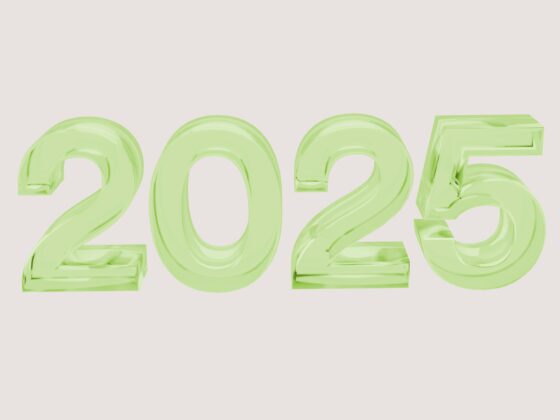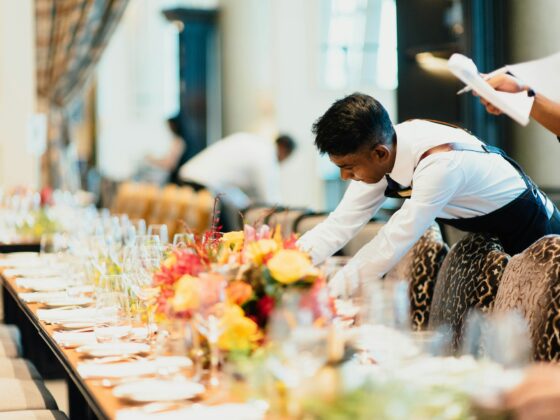
The hotel industry has undergone a seismic shift over the past few years, accelerated by changing travel patterns, evolving work habits and the growing influence of home-sharing platforms. The traditional concept of a hotel room as a place to rest between business meetings or sightseeing has transformed into a dynamic, multifunctional space that caters to the diverse needs of modern travelers.
As someone who has worked extensively in the hotel design space, I have witnessed firsthand how the industry is adapting to new expectations. Hotels are no longer just a stopover; they are becoming destinations in themselves, offering comfort, convenience and a sense of community. Several key trends are defining this transformation, each rooted in the way travelers are using hotels today.
The Rise of the Hybrid Hotel Room
One of the most notable shifts in hotel design is the increasing number of hours guests spend in their rooms. Historically, guests used their hotel rooms for an average of two and a half waking hours per day. That number has now nearly doubled. This change is largely driven by the rise of remote work, which has blurred the lines between business and leisure travel.
Modern hotel rooms need to function not only as comfortable sleeping quarters but also as efficient workspaces. This has led to a reevaluation of traditional hotel room layouts. A simple desk and chair are no longer enough. Nightstands, for example, are being redesigned with built-in charging ports and height adjustments to accommodate laptops. Sofas and lounge chairs are now more ergonomic, allowing guests to transition seamlessly between work and relaxation. Lighting is another crucial element as hotels are moving away from purely decorative fixtures to incorporate adjustable task lighting that supports both work and leisure activities.
Creating a Home Away from Home
The competition from Airbnb has pushed hotels to reconsider their approach to hospitality. More travelers are seeking accommodations that offer the comfort and familiarity of home, rather than the sterile, transactional feel of a traditional hotel.
To meet this demand, hotels are incorporating elements that provide a sense of warmth and personalization. Suites with kitchenettes, additional seating areas and even shared apartment-style spaces allow guests to feel more at home. The introduction of multi-bedroom accommodations, similar to apartment rentals, is becoming more common, particularly in urban areas where travelers value social connection as much as comfort.
A Shift Towards Experiential Design
Hotels are increasingly adopting design elements that reflect their surroundings, creating a sense of place and identity. This shift is evident in the growing trend of nature-inspired interiors, where materials like wood, stone and greenery bring an organic, calming presence into hotel spaces. Some properties are even eliminating televisions and digital distractions in favor of promoting mindfulness and relaxation, aligning with the rise of wellness tourism.
Conversely, in business-centric hotels, technology is taking center stage. Automated check-ins, app-controlled room settings and induction charging surfaces on nightstands make the guest experience seamless. Flexible furniture solutions — such as modular seating that can be reconfigured for work or leisure — are becoming essential. Hotels are also investing in soundproofing solutions to ensure privacy for video calls and virtual meetings.
The Changing Role of Common Spaces
Hotel lobbies and communal areas are also evolving. The standard check-in counter is becoming obsolete, replaced by open, lounge-like environments where guests can seamlessly transition from arrival to relaxation. Some high-profile hotels are even eliminating the traditional front desk entirely in favor of a more personalized digital check-in experience, inspired by the discretion and convenience of private rentals.
In addition, common areas are being designed to foster social interaction. Whether it’s co-working lounges, shared dining tables or rooftop communal spaces, hotels are embracing the idea that travelers, especially younger generations, want to feel part of a community. A well-designed space should encourage organic interactions, whether for networking, collaboration or casual socialization.
Personalization in Hospitality Design
Customization is playing an increasingly important role in hotel design. In the past, efficiency dictated that hotel rooms be identical across an entire property. Today, individuality is valued more than ever. Some hotels are offering guests the option to choose their room’s décor, color scheme or even furniture style, ensuring a more tailored experience. There’s a growing demand for adaptable, high-quality furniture solutions that allow hotels to maintain a cohesive brand identity while accommodating different guest preferences. By offering millions of possible configurations in terms of finishes, materials and sizes, we can help create spaces that feel personal and unique while maintaining operational efficiency at scale.
Looking Ahead
The evolution of hotel design is driven by the fundamental shifts in how people travel, work and connect. Flexibility, comfort and personalization are no longer luxuries — they are expectations. The hotel industry’s ability to adapt to these changes will determine its ability to remain competitive in an era where travelers have more choices than ever.
Story contributed by Alejandro Sardi, senior executive, BoConcept Colombia, Panama, Costa Rica, Peru








